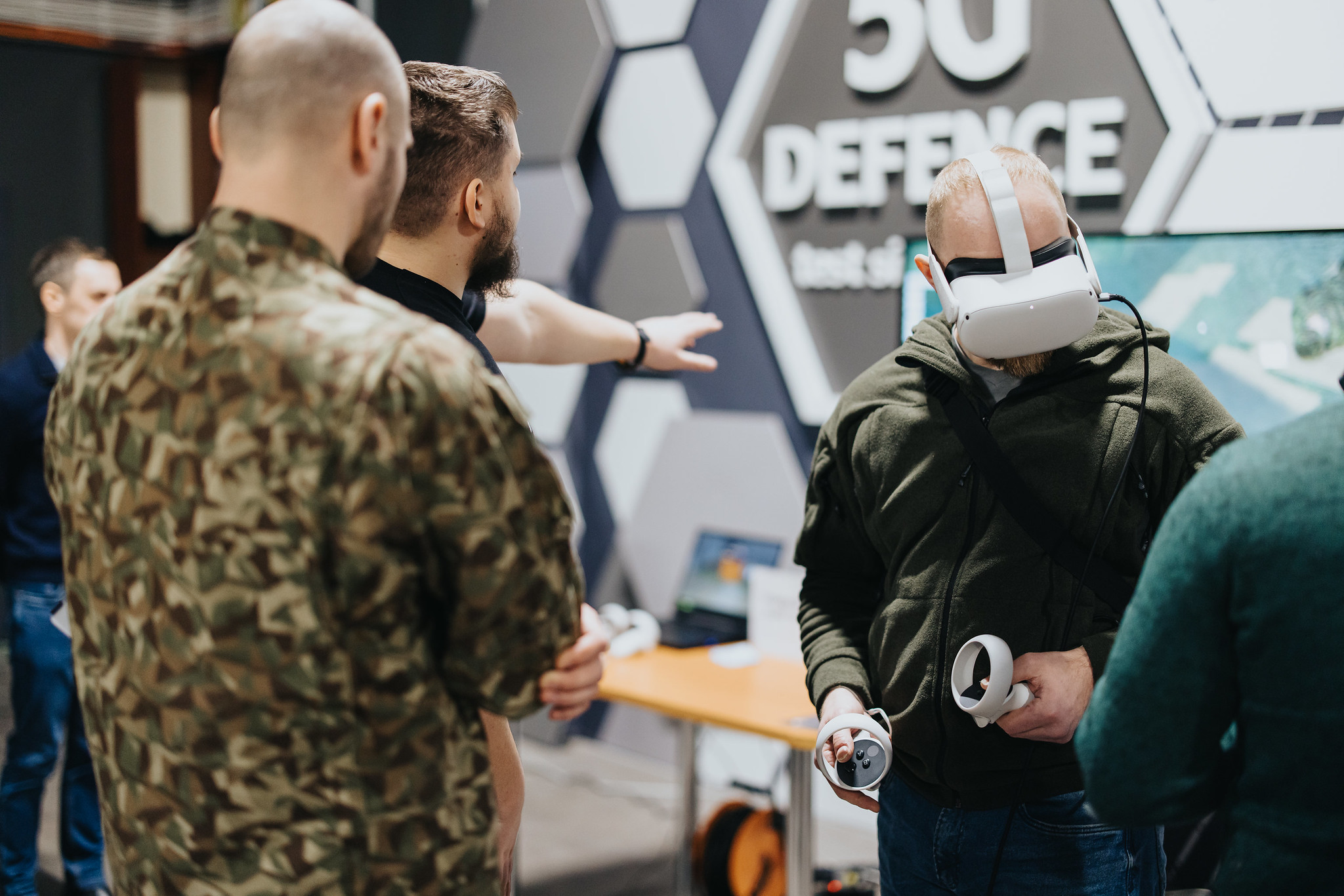Latvia Finalizes Test on VR Trauma Simulator for EU Militaries
The Latvian Ministry of Defence has conducted the final demonstration of its Virtual Reality Trauma Simulator (VireTS) project in Ādaži.
The initiative is part of a multinational project led by the EU and Latvian digital simulation developer Exonicus to deliver “unified” advanced trauma care preparation for allied militaries across Europe.
VireTS is designed to relay knowledge to teams with “basic medical education and limited experience,” sustaining support for combat operations and events with major incidents.
It leverages 3D modeling technology to build individual trauma scenarios for specific injuries on the battlefield and train mutual medical cooperation during peacetime.

“So far, there has been active work on the creation of the simulator environment, virtual characters, equipment and patient simulation,” a statement from the Latvian defense agency said.
“In order to provide consultative support for the project, Latvian and foreign National Armed Forces experts… provided their contribution to ensure the compliance of the simulator for the evacuation and care of victims as close as possible to the scenario of a real battle and by determining the most important criteria for creating a simulation as a training tool.”
Virtual Training Catalog
The demonstration followed a 30-million-euro ($32.4 million) contract signed between the EU and Exonicus to create a virtual training and decision resource catalog for EU militaries.
The capability will aid EU members “to choose what combinations and what simulations they need and purchase the sets they require as part of a joint procurement.”
“Almost like a computer game, the military medics or the students training to take on this role can virtually go through various scenarios,” Exonicus Project Director Līga Ellere stated.
“The system records what procedures they completed in what order, so that later they can evaluate their actions alone or with an instructor and analyse what was done correctly and what improvements are needed.”
Recent Progress
Exonicus received 2.4 million euros ($2.6 million) from the European Defence Fund in 2021 to support the development of Latvia’s VireTS.
In 2020, the company worked on additional virtual injury simulation scenarios with the Latvian defense ministry to help military medics in dealing with the coronavirus.
A year earlier, Riga awarded Exonicus a contract to manufacture a medical trauma simulation prototype for the armed forces.












